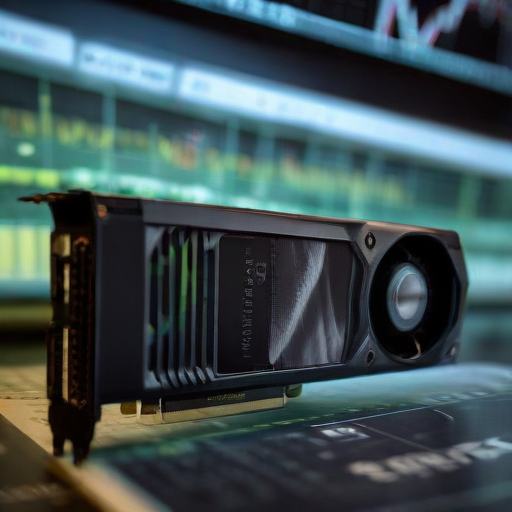As the U.S. government deliberates on stricter trade regulations aimed at preventing advanced chip technology from reaching China, Nvidia, a prominent American semiconductor manufacturer, is actively developing a new version of its artificial intelligence (AI) chips to comply with these incoming rules.
Nvidia is reportedly collaborating with a local partner in China, Inspur, to launch a variant of its Blackwell AI chips, which is anticipated to be named the “B20.” According to reports, the B20 is expected to begin shipping in the second quarter of 2025, although Nvidia has chosen not to comment on the matter.
The company currently has three chips that have been tailored to meet U.S. export guidelines, including the H20 chip. Nvidia has recently reduced the price of the H20 due to sluggish sales as it seeks to remain competitive against homegrown rival Huawei. Despite earlier challenges, sales of the H20 are reportedly on the rise, with projections indicating that Nvidia will sell over one million units in China this year, totaling around $12 billion in sales, despite the U.S. trade limitations. This figure is almost double what Huawei anticipates for its own Ascend 910B chips.
However, there are concerns regarding the future of H20 sales, as financial analysts from Jefferies have indicated that further measures from the U.S. may lead to a ban on these chips. The upcoming annual review of semiconductor export controls in October is sparking speculation about potential restrictions that could take various forms, such as specific product bans or caps on computing power and memory capacity.
In addition to potential bans on sales to China, analysts suggest the U.S. could broaden its export control measures to include other countries in the region, like Malaysia, Indonesia, and Thailand, while also looking at the implications for overseas Chinese companies.
This developing situation showcases the ongoing chess match in global tech and trade, highlighting how companies like Nvidia are striving to navigate complex regulatory landscapes while still seizing market opportunities. Ultimately, this highlights Nvidia’s adaptability and resilience in a challenging environment, as the company continues to innovate and provide solutions that align with compliance requirements. This spirit of innovation could present possible breakthroughs, allowing companies to maintain growth even when faced with geopolitical hurdles.
